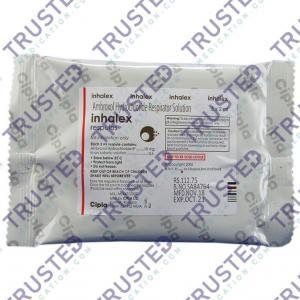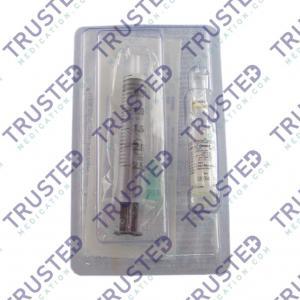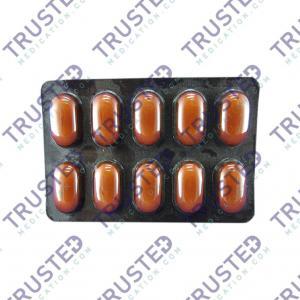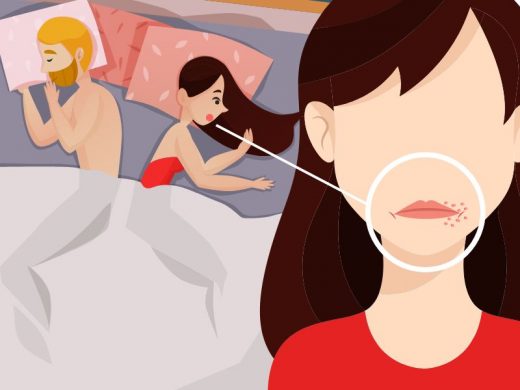
Herpes is a sexually transmitted disease caused by a virus that lives in the nerves. The two types of herpes are genital herpes and oral herpes. It is due to the infection from the herpes simplex virus. It causes sores and blisters that form in the mouth and genitals.
Genital herpes spreads through vaginal or oral sex. It can also appear in several parts of the body including the mouth. It is known as oral herpes. If a person is diagnosed with herpes, they will have it for the rest of their life. Herpes is contagious but it only spread through sexual contact.
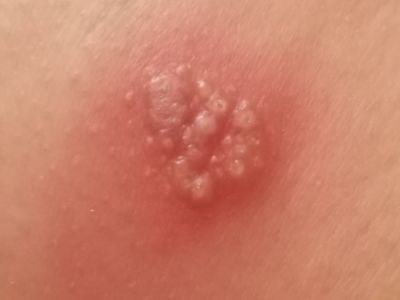
Symptoms of Herpes
- Pain or itching. You may experience tenderness and pain in your genital area until the infection staves off.
- Tiny white blisters and small red bumps.
- Ulcers or blisters rupture and ooze blood that causes painful urination.
- Scabs or crusting of the skin
The symptoms of herpes depend on the location and severity of the condition. Women typically develop sores on the external genitals, vaginal areas, and cervix. The signs and symptoms may occur and includes:
- Burning
- Tingling
- Itching
- Pain in the buttock
- Backaches
- Pain the legs

What are the Risk Factors of Herpes?
- Gender. Women are more likely to have genital herpes than men. The viral infection spreads faster from men to women than from women to men.
- Sexually transmitted infection. Having genital sores, AIDS, and other STDs can increase your risk of having herpes.
- Bladder problems. The sores associated with herpes can inflame the surrounding tube that delivers urine from your bladder.
- Meningitis. In some cases, meningitis can inflame and increase your risk of getting STIs.
Is Herpes Painful?
Some people can experience mild to moderate pain when symptoms are showing. People who have the infection may also experience light to extreme pain. Genital herpes may lead to discharge from the vagina or penis.
How to Diagnose Herpes?
Your doctor may diagnose you by assessing your symptoms and visual examination of the sores. Laboratory tests can also help diagnose the infection and prevents the outbreak. Testing also involves taking scarps or tissue samples from the sores from laboratory examination. DNA, PCR test, and virus culture are also helpful in determining the condition.
What is the Treatment for Herpes?
Your doctor may give you antiviral medications to alleviate symptoms and prevent them from worsening. Note that herpes does not have any cure but, some medications prevent it from reoccurring. Ensure to finish the treatment period as per the doctors’ advice.



